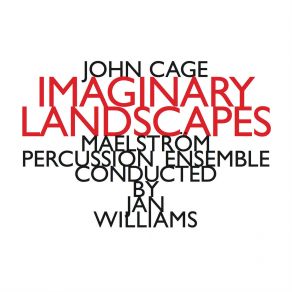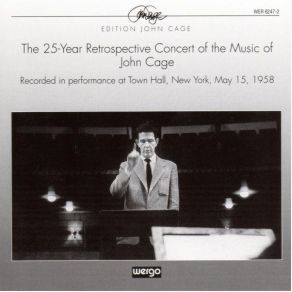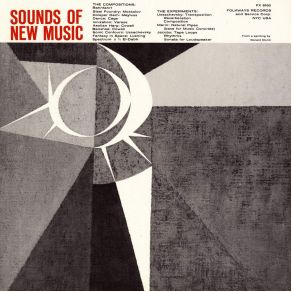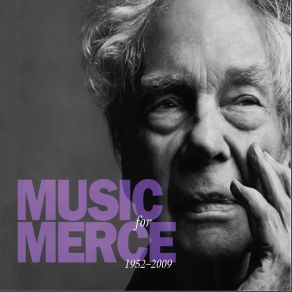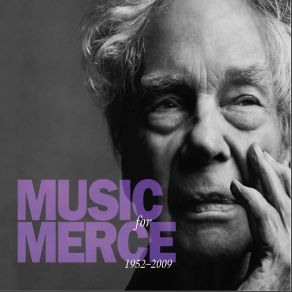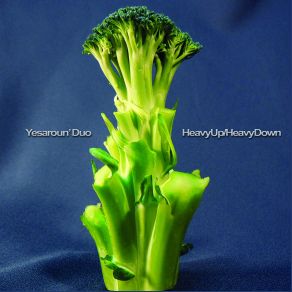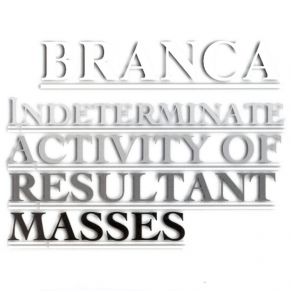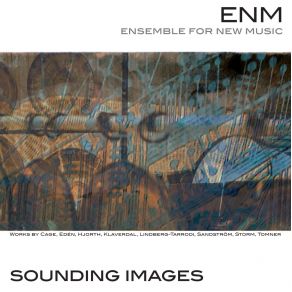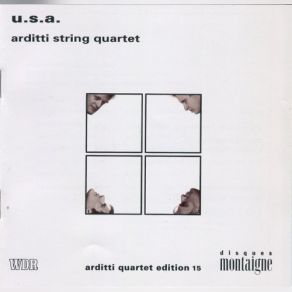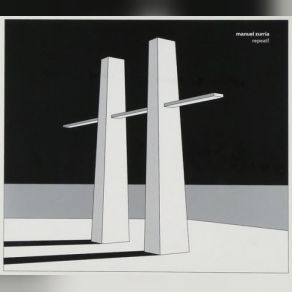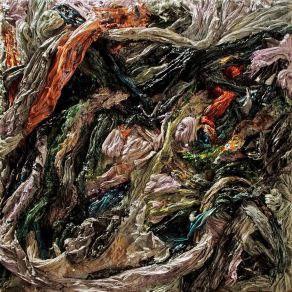John Cage
Wikimp3 information about the music of John Cage. On our website we have 2 albums and 19 collections of artist John Cage. You can find useful information and download songs of this artist.
Biography
[Edit]The most influential and controversial American experimental composer of the 20th century, John Cage was the father of indeterminism, a Zen-inspired aesthetic which expelled all notions of choice from the creative process. Rejecting the most deeply held compositional principles of the past — logical consequence, vertical sensitivity, and tonality among them — Cage created a groundbreaking alternative to the serialist method, deconstructing traditions established hundreds and even thousands of years earlier; the end result was a radical new artistic approach which impacted all of the music composed in its wake, forever altering not only the ways in which sounds are created but also how they're absorbed by audiences. Indeed, it's often been suggested that he did to music what Karl Marx did to government — he leveled it.
Cage was born in Los Angeles on September 5, 1912, the son of an inventor who posited an explanation of the cosmos called the "Electrostatic Field Theory." Later attending Pomona College, he exited prior to graduation to travel across Europe during the early '30s; upon returning to the U.S., he studied in New York with Henry Cowell, finally traveling back to the West Coast in 1934 to study under Arnold Schoenburg. Around this time Cage published his earliest compositions, a series of Varèse-inspired works written in a rigorous atonal system of his own device. Relocating to Seattle in 1937 to become a dance accompanist, a year later he founded a percussion ensemble, composing the seminal polyrhythms piece First Construction (In Metal) in 1939.
During the late '30s, Cage also began experimenting with musique concrète, composing the landmark Imaginary Landscape No. 1, which employed variable-speed phonographs and frequency tone recordings alongside muted piano and a large Chinese cymbal. He also invented the "prepared piano," in which he placed a variety of household objects between the strings of a grand piano to create sounds suggesting a one-man percussion orchestra. It was at this time that Cage fell under the sway of Eastern philosophies, the influence of Zen Buddhism informing the random compositional techniques of his later work; obsessed with removing forethought and choice from the creative model, he set out to make music in line with the principles of the I Ching, predictable only by its very unpredictability.
Cage's work of the 1940s took a variety of shapes: where 1941's Imaginary Landscape No. 2 was a score for percussion which included a giant metal coil amplified by a phonograph cartridge, 1942's Williams Mix was a montage of over 500 prerecorded sounds, and 1944's The Perilous Night was an emotional piece written for a heavily muted prepared piano. The latter was composed for the Merce Cunningham Dance Company, for which Cage served as musical director from 1943 onward; his collaborations with Cunnigham revolutionized modern dance composition and choreography, with the indeterminacy concept extending into these works as well. By the end of the decade Cage's innovations were widely recognized, and in 1949 he was honored with a Guggenheim Fellowship and an award from the National Academy of Arts and Letters.
Cage's most visionary work, however, was still to come: in 1951, he completed Imaginary Landscape No. 4, which limited its sound sources to only a dozen radios, with the end result dependent entirely on the broadcast material at the time of performance. That same year, he collaborated with a group of performers and engineers to mount the Music on Magnetic Tape project. Next, in 1952, pianist and longtime associate David Tudor premiered Cage's 4'33", known colloquially as "Silence"; the composer's most notorious work, it asks the performer to sit at his instrument but play nothing, the environmental sounds instead produced by a typically uncomfortable audience. Concurrently, he delved into theatrical performance (a 1952 performance at Black Mountain College widely regarded as the first "happening") and electronics (Imaginary Landscape No. 5, composed for randomly mixed recordings).
In the wake of 1958's watershed Concert for Piano and Orchestra — a virtual catalog of indeterminate notations — Cage continued to immerse himself in electronics as the years went by, most famously in works like 1960's Cartridge Music, for which he amplified small household sounds for live performance, as well as 1969's HPSCHD, which combined harpsichord, tapes, and the like. He also turned to writing, publishing his first book, Silence, in 1961, additionally teaching and lecturing across the globe. Elected to the Institute of the American Academy and Institute of Arts and Letters in 1968, he also received an honorary Doctorate of Performing Arts from the California Institutes of the Arts in 1986. Cage died in New York on August 12, 1992.
Collections
Title: A Young Person's Guide to the Avant-Garde
Genre: Electronica
Title: Music for Merce, Vol. 3
Genre: Alternative
Title: Electronic Music Sources Volume 1
Genre: Electronica, Alternative
Title: Sounds of New Music
Genre:
Title: Alvin Curran: Maritime Rites
Genre:
Title: Subtropics Vol. 1: Breath
Genre: Electronica, Rock, Alternative
Title: Music for Merce, Vol. 4
Genre:
Title: In a Landscape and Others
Genre: New Age
Title: 10+2:12 American Text Sound Pieces (Remastered)
Genre: Alternative
Title: Music for Merce, Vol. 6
Genre:
Featuring albums
Title: Different Every Time
Artist: Robert Wyatt
Genre: Jazz, Avant Garde Jazz, Rock, Alternative, Songwriter/Lyricist
Title: Sound Unbound - Excerpts and Allegories from the Sub Rosa Audio Archives
Artist: Dj Spooky
Genre: Ambient, Electronica, Rock, Alternative
Title: The Complete John Cage Edition, Vol. 25 - The Works for Piano 4
Artist: Margaret Leng Tan, Burgess Meredith
Genre:
Title: An anthology of noise and electronic music vol,1
Artist: Various Artists
Genre: Electronica, Dancefloor
Title: A Young Person's Guide to the Avant-Garde
Artist: Various Artists
Genre: Electronica, Dancefloor
Title: I Am Others (Microfilm) (Remixes 2008 - 2012)
Artist: Microfilm
Genre: Electronica, Synth Pop
Title: Minimalist Dream House (CD2)
Artist: Katia Et Marielle Labèque / Katia Et Marielle Labeque
Genre: Classical
Title: Different Every Time: Benign Dictatorships
Artist: Robert Wyatt
Genre: Jazz, Rock, Songwriter/Lyricist, Experimental
Title: Cage: Orchestral Works 1
Artist: Stephen Drury, New England Conservatory Philharmonia
Genre: Orchestral, Classical, Orchestral
Title: SILENCE: John Cage - Erwin Schulhoff - Michael Koehler
Artist: Michael Koehler
Genre: Experimental
Title: Repeat! (CD2)
Artist: Manuel Zurria
Genre: Electronica, Experimental, Classical, Contemporary Folk
